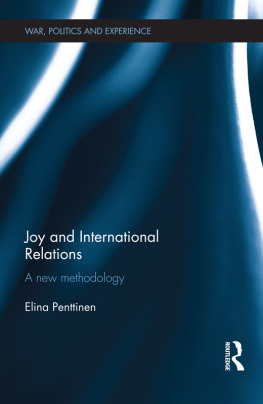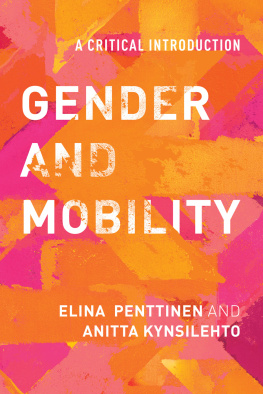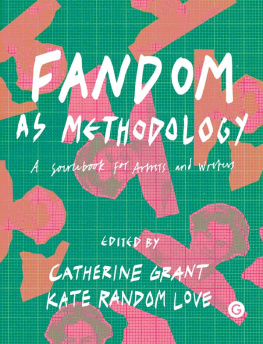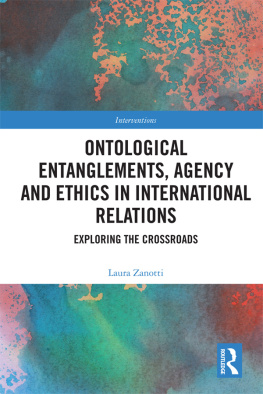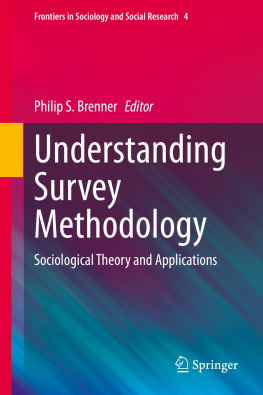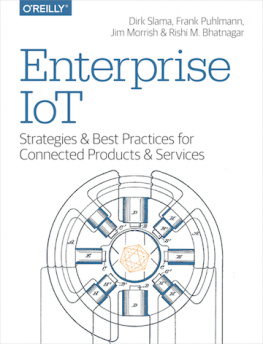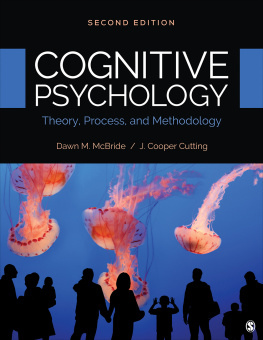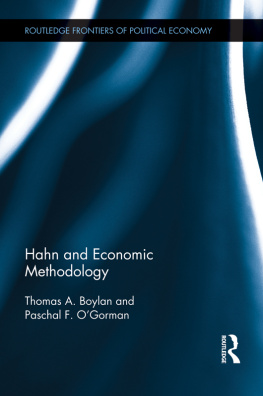Joy and International Relations
This book aims to develop a new methodology for the study of international relations (IR) based on joy, informed by current thinking about posthumanism, feminist theory and positive psychology.
It examines how the mechanistic-deterministic worldview derived from the Newtonian model has influenced the epistemology and methodology of IR (i.e., the idea that the world is constituted of independent fragments), and seeks ways to develop a new methodology for IR by drawing on the potential of a nonfragmented worldview. The author argues that it is this modern Western view of human beings (or societies) as isolated and separate from the world that prevents IR from finding new solutions to the questions of war and conflict.
Drawing upon case studies, testimonies and examples from film, this book instead proposes joy as an alternative methodology for studying IR, exploring the possibility of self-healing in physical and emotional trauma in extreme violent conditions. The author also discusses how posthumanism contributes to positive psychology in understanding happiness and empowerment, and demonstrates how these findings can further widen the study of IR.
This book will be of much interest to students of gender studies, war and conflict studies, IR theory and critical security studies.
Elina Penttinen is a University Lecturer in International Relations at the University of Tampere, Lapland, Finland. She is author of Globalization, Prostitution and Sex-Trafficking: Corporeal Politics (Routledge 2008).
Series: War, Politics and Experience
Series Editor: Christine Sylvester
Experiencing War
Edited by Christine Sylvester
The Political Psychology of War Rape
Studies from Bosnia and Herzegovina
Inger Skjelsbk
Gender, Agency and War
The maternalized body in US foreign policy
Tina Managhan
War, Feminism and International Relations
Christine Sylvester
War and the Body
Militarisation, practice and experience
Edited by Kevin McSorley
The Politics of Protest and US Foreign Policy
Performative construction of the war on terror
Cami Rowe
Joy and International Relations
A new methodology
Elina Penttinen
Joy and International Relations
A new methodology
Elina Penttinen
First published 2013
by Routledge
2 Park Square, Milton Park, Abingdon, Oxon OX14 4RN
Simultaneously published in the USA and Canada
by Routledge
711 Third Avenue, New York, NY 10017
Routledge is an imprint of the Taylor & Francis Group, an informa business
2013 Elina Penttinen
The right of Elina Penttinen to be identified as author of this work has been asserted by her in accordance with sections 77 and 78 of the Copyright, Designs and Patents Act 1988.
All rights reserved. No part of this book may be reprinted or reproduced or utilized in any form or by any electronic, mechanical, or other means, now known or hereafter invented, including photocopying and recording, or in any information storage or retrieval system, without permission in writing from the publishers.
Trademark notice: Product or corporate names may be trademarks or registered trademarks, and are used only for identification and explanation without intent to infringe.
British Library Cataloguing in Publication Data
A catalogue record for this book is available from the British Library
Library of Congress Cataloging-in-Publication Data
Penttinen, Elina.
Joy and international relations : a new methodology / Elina Penttinen.
pages cm. (War, politics and experience)
Includes bibliographical references and index.
1. International relationsSocial aspects. 2. Joy. I. Title.
JZ1251.P46 2013
ISBN: 978-0-415-61632-4 (hbk)
ISBN: 978-0-203-56923-8 (ebk)
For Mikael, Elias and Sofia
May the world treat you with kindness
Contents
Writing a book is always a journey. What started out as a mainstream feminist security studies project on gender-mainstreaming of international peacekeeping, turned out be a project to ameliorate international relations (IR) scholarship to account for joy, mindful action, love and humor in its practice.
Therefore, this book would never have been possible if I had not looked at past policy papers and security discourses and engaged in an interview and field research with Finnish police officers and military experts. I want to express my heartfelt gratitude to these police officers, who showed me how to practice open- hearted positivity, and engage with the world in mindful ethical action. They showed me, that regardless of how cynical or powerless colleagues around you are, or how hopeless the situation may seem, it does not mean that you also have to be incapable or paralyzed by the circumstances. I want to express my gratitude and respect to Leena Kontula, Tarja Raappana, Jari Kinnunen, Pia Holm, Kirsti Kujanp and Satu Rautarinta, with whom I have had the pleasure to continue these conversations. I would also like express my enduring gratitude to Sirpa Rautio and Helena Ranta for showing me what academic security agency can be in practice.
Yet, this book would have never been possible if I had not been encouraged to pursue and inquire further into the topic of joy and IR. Any words of appreciation are not enough to express my enduring gratitude, respect and love to Professor Christine Sylvester, who persuaded me to go further into the investigation of open-hearted positivity, which originally started as a personal outburst at the 2009 workshop Women armed and dangerous in one of the workshops in the Touching War program Professor Sylvester organized at the University of Lancaster. Professor Sylvester is also an example of ethical action competence in the field of IR. She walks the talk of empathic cooperation, which she proposes in her texts and engages in open dialog with a range of scientific disciplines and the arts. Her work and her presence have always been a source of inspiration and a beacon of hope that IR can be a practice of creativity, joy and exhilaration.
I want to express my deep gratitude and respect also to dear colleagues and friends Megan MacKenzie and Swati Parashar for continuing with their work that moves beyond stereotypes and enables the pluripotency of human nature to be seen. I appreciate the open-hearted approach, courage and passion of Megan and Swati in their avant-garde research projects. Their example has encouraged me to continue with my own work at challenging times.
I also want express my deep appreciation to my Swedish colleagues Annica Kronsell, Erika Svedberg and Maud Edwards who also early on encouraged me to pursue this research and helped greatly in clarifying my texts. I want to express my gratitude and love to Pirjo Jukarainen at Tampere Peace Research Institute, for her valuable comments and help along the long process. I want to express my deep gratitude to Jarmo Toiskallio and Juha Mkinen, for showing the way to build scholarship of security studies in constructive ways. I want to thank Eeva Puumala and Anitta Kynsilehto, two young and brilliant scholars, for their encouragement and faith that this project will be helpful for graduate and doctoral students.

